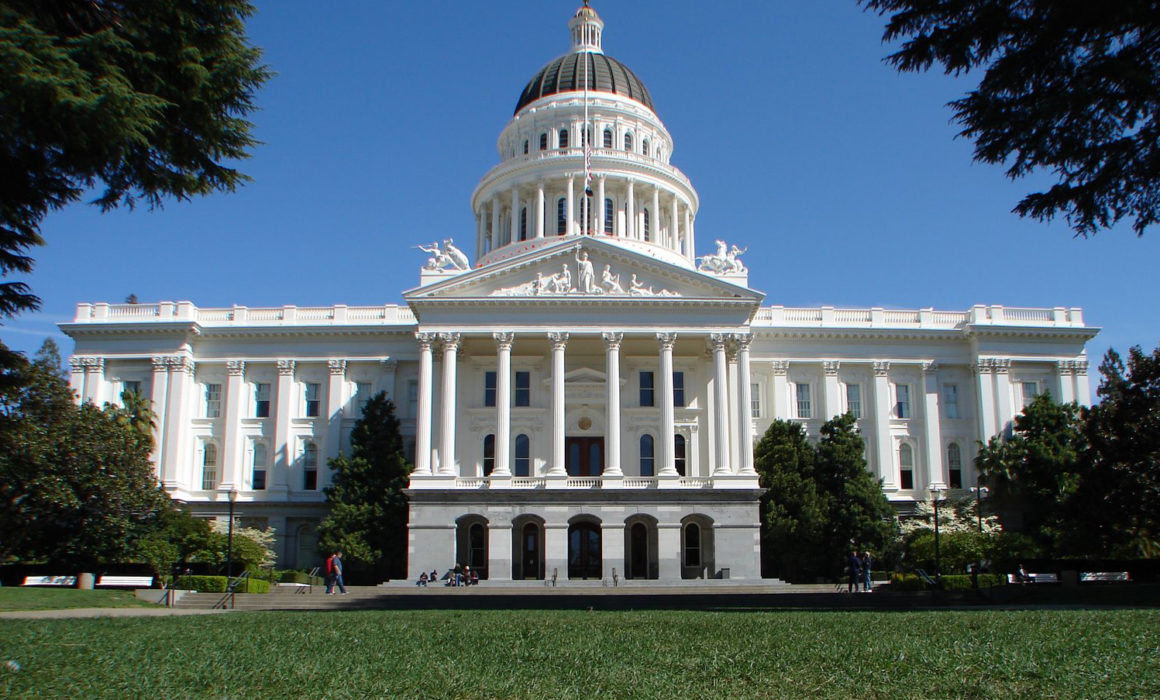
On June 28, Gov. Newsom signed a 2021-22 budget that will provide $93.7 billion in Proposition 98 funding to K-14 public education — the highest amount in state history.
The budget significantly expands child care, adds universal transitional kindergarten for 4-year-olds over the next five years, and creates the nation’s first free breakfast and lunch program for all students, starting in 2022-23.
“We welcome this budget’s historic commitment to public education and the support California students need at all stages of their lives, from expanding transitional kindergarten to significant investments in K-12 and higher education,” says CTA President E. Toby Boyd. “We commend the governor and the Legislature for investing in academic programs, as well as mental health and social and family supports, including the prioritization of establishing community schools for this coming year and beyond.”
Highlights of the budget include:
- $5 billion over multiple years for summer school and other enrichment programs for elementary school students.
- $2.4 billion in several programs investing in teacher recruitment, training and retention.
- $1.9 billion, almost entirely from federal funding, to provide $500 college savings accounts for every low-income California student in grades 1-12 in 2021-22. After this year, the state will provide $170 million annually from the general fund to create a college savings account for every low-income first grader.
- Provision of a 5.07 percent cost-of-living adjustment (COLA) in the Local Control Funding Formula (LCFF) and for community colleges.
- $3 billion to expand community schools, with health services for students, day care, and mental health and family programs.
Independent study — Expands the state’s independent study program and requires every public school district to offer a remote learning option for students who are medically fragile, cannot be vaccinated or whose parents do not feel safe sending them to school.
Transitional kindergarten — Adopts universal transitional kindergarten, phasing in eligibility incrementally until full implementation in 2025-26. Provides ongoing funding for TK expansion of approximately $2.7 billion at full implementation.
Special education — Increases ongoing special education funding by $396 million. Includes $550 million in one-time funds to support students with disabilities and $277.7 million in one-time federal IDEA (Individuals with Disabilities Education Act) funds for local assistance.
Community colleges — Provides a 5.07 percent COLA, or $371.2 million in ongoing funding. Allocates $100 million in ongoing Prop. 98 funding to increase the hiring of full-time faculty, and $90 million one-time and $10 million ongoing funding to support part-time faculty office hours; budgets $20 million in one-time funding to support faculty professional development; and designates $115 million in one-time funding for zero-textbook-cost degrees.
Behavioral health — Invests a total of $4.4 billion over five years to create a new, modern and innovative behavioral health system for children and youth up to age 25. This includes $205 million for the Mental Health Student Services Act to fund school and county mental health partnerships that support the mental health and emotional needs of children and youth as they return to schools and everyday life.
The Discussion 0 comments Post a Comment